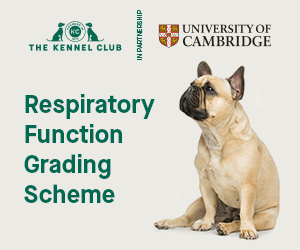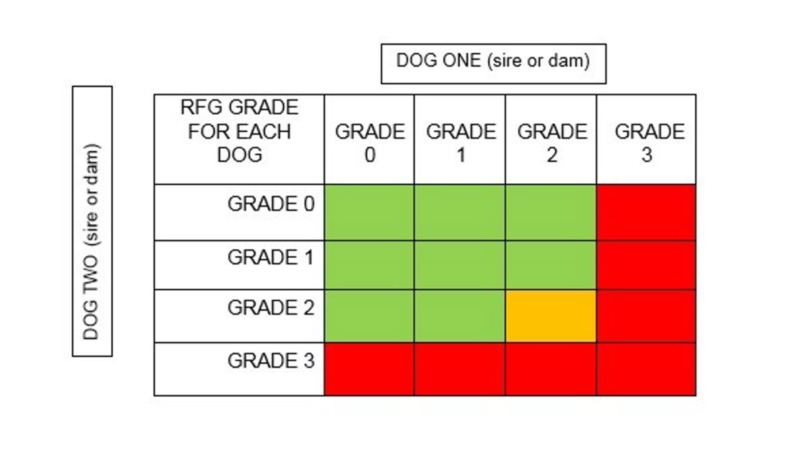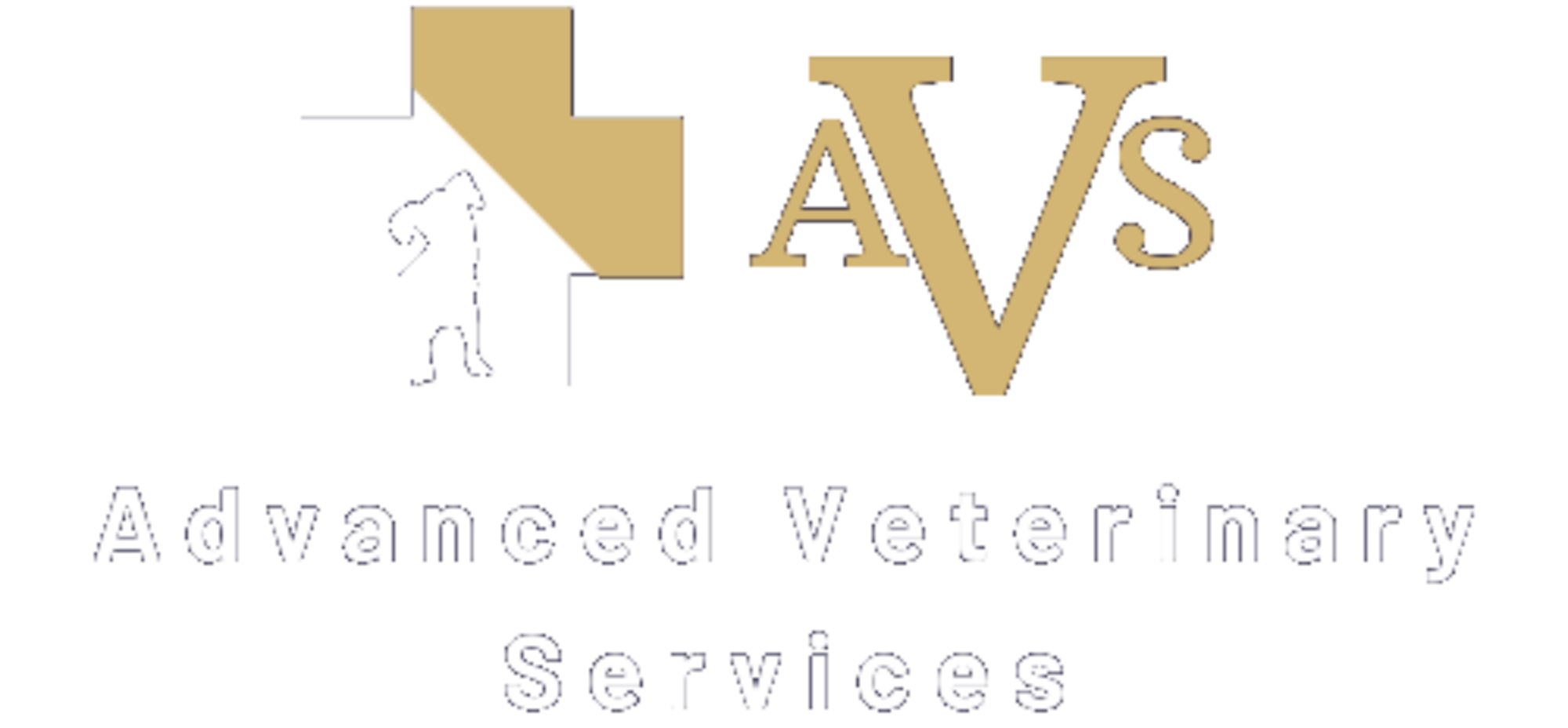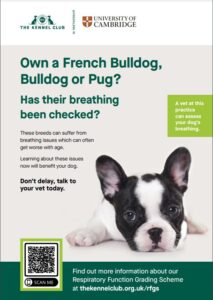Gabriella is a recognized assessor for The Kennel Club & University of Cambridge Respiratory Function Grading Scheme.

Being a recognized Kennel Club assessor allows Gabriella to carry out official respiratory assessments in Bulldogs, French Bulldogs and Pugs, advise owners whether their dogs are affected by BOAS and provide guidance to breeders on how to lower the risk of producing affected puppies. Dogs can be assessed from 12 months, and the test should be repeated every two years for their lifetime or until the breeding life of the dog.
What is BOAS?
BOAS stands for Brachycephalic Obstructive Airway Syndrome.
Brachycephalic literally means short head (‘brachy’ meaning short, and ‘cephalic’, meaning head).
French bulldogs, English bulldogs and Pugs are most commonly affected by BOAS. However, other breeds such as Boston terriers, Shih Tzus, Pekingese and some cat breeds can also be affected by the condition.
The skull of these breeds has been shortened via selective breeding but the soft tissues inside their nose and throat has not reduced in size proportionately therefore causing a partial obstruction of the airway and making difficult for them to breathe.
BOAS is a complex progressive disorder that can impair a dog’s quality of life, their ability to exercise, play, eat and sleep.
How can I book an assessment?
Gabriella collaborate with various Veterinary Practices in London and South East. If you are interested in having your dog(s) assessed by Gabriella please contact us here and we will let you know the closest location where you can book to have your dog(s) assessed.
What do I need to bring to the assessment?
You will need to bring your dog’s registration certificate from The Kennel Club and microchip identification in order for your dog’s assessment to be completed. An assessment form will be completed by the regional assessor and a copy will be given to you following the assessment, with another copy sent to The Kennel Club for publication including on the Health Test Results Finder.
What happens during the assessment?
Your dog will be assessed by a specially trained vet, who will initially use a stethoscope to listen to your dog’s breathing while they are calm and relaxed. Your dog will then be encouraged to move around an exercise area at a quick pace for three minutes.
The vet will then listen to your dog’s breathing again and will use a list of criteria to give a grade.
How often do I need to have my dog assessed?
As BOAS is a complex syndrome, the ways in which it can affect a dog may change over an individual’s lifetime. Therefore it is recommended that dogs are assessed from the age of 12 months and that this is repeated every two years for their lifetime, or until you stop using them for breeding.
What does each grade mean?
- Grade 0: Your dog is clinically unaffected and is currently free of respiratory signs of BOAS. If your dog is under 2 years old we suggest they have an annual health check with their own vet, as BOAS can develop later in life
- Grade 1: Your dog is clinically unaffected but does have mild respiratory signs linked to BOAS. These signs do not affect their exercise performance. If your dog is under 2 years old we suggest they have an annual health check with their own vet, as BOAS can develop later in life
- Grade 2: Your dog is clinically affected and has moderate respiratory signs of BOAS that should be monitored and may require veterinary treatment
- Grade 3: Your dog is clinically affected and has severe respiratory signs of BOAS and should be seen by your own vet for a thorough veterinary examination with treatment. We do not recommend that you breed from your dog.
These grades have an expiry date and dogs should be assessed every two years for their lifetime, or until you stop using them for breeding.
Breeding advice
For breeds where respiratory function grading is recommended, you should ideally only breed from two dogs that have both been through the scheme. Using these dogs will give you the information you need to reduce the chances of the puppies you breed suffering from BOAS when they grow up. If you are looking to buy a puppy of this breed you should ensure both parents are tested under the scheme.
The way that BOAS is inherited is not fully understood and is not always entirely predictable. Using the guidelines below can help you reduce the chances of breeding puppies affected by BOAS. However, even if used responsibly, this guidance cannot guarantee that a puppy from two unaffected parents will be free from BOAS.

- Green: the lowest risk of breeding dogs affected by BOAS
- Amber: a higher risk of producing puppies that may grow up to be affected by BOAS
- Red: a mating which has a high risk of producing puppies that may grow up to be affected by BOAS. These matings are not recommended. Producing puppies affected by BOAS has a serious impact on their health and welfare. A mating which may produce affected puppies should never knowingly be carried out
Find out more information about our Respiratory Function Grading Scheme at thekennelclub.org.uk/rfgs.

